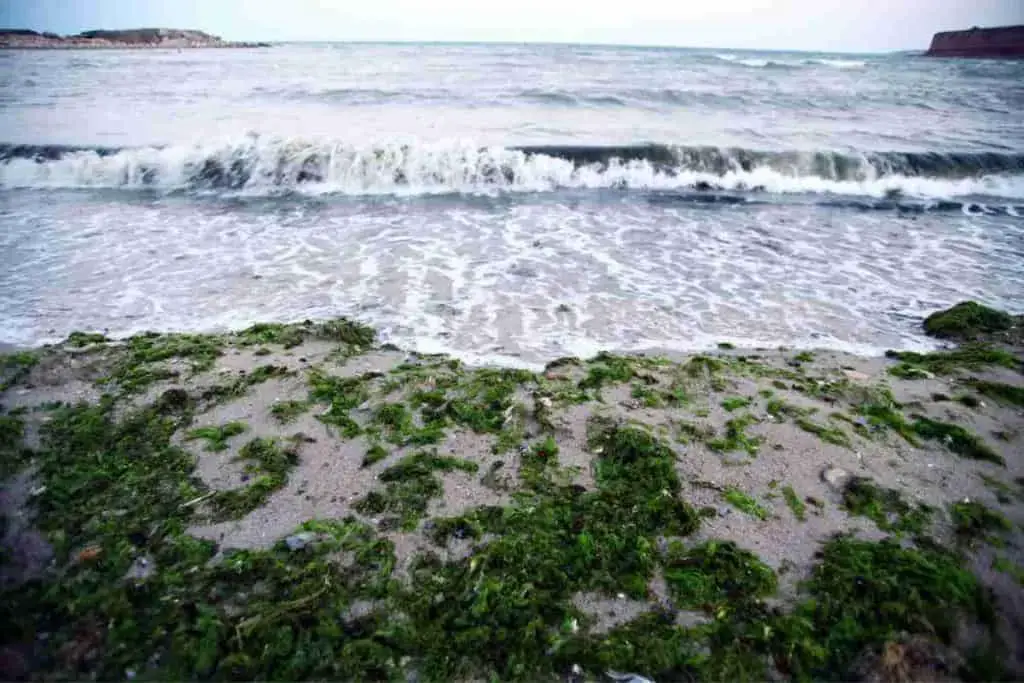Is Algae A Decomposer? Algae is an interesting organism and it has some unique properties that make it well-suited for life in aquatic environments. One of the most interesting things about algae is its ability to survive in the harshest environments.
Some people believe that algae are a decomposer because they can break down organic matter and release nutrients into the water. However, algae is actually a producer, it uses sunlight to create its own food.
Some people believe that algae are a decomposer because they can break down organic matter and release nutrients into the water. However, algae is actually a producer, it uses sunlight to create its own food.
While algae do release some nutrients back into the water, it is not considered a decomposer.
What Is A Decomposer?
In the natural world, everything is recycled. When plants and animals die, they decompose, releasing important nutrients back into the soil. This process is essential for new life to take root and grow.
Decomposers are a key part of this process. These are organisms that feed on dead matter, breaking it down into smaller pieces.
They help to recycle nutrients and make them available to other organisms. Without decomposers, the world would be filled with rotting carcasses and piles of garbage.
Decomposition is a slow process, and it can take weeks or even years for a decomposer to completely break down an organic object.
The rate of decomposition depends on several factors, including:
- The type of material being decomposed
- The amount of moisture present, and the temperature.
Why Algae Is Not A Decomposer?
While algae do release some nutrients back into the water, they are not considered a decomposer. Unlike other decomposers, such as bacteria and fungi, algae lack certain enzymes that are necessary for breaking down organic matter.
In fact, most algae are actually photosynthetic, meaning that it produces their own food through the process of photosynthesis. As a result, algae is more likely to compete with other plants for resources than it is to help decompose them.
So algae is not a decomposer but a producer because they makes its food via photosynthesis.
In addition, algae are often found in stagnant or oxygen-poor environments, which further limits their ability to break down organic matter.
While algae may play a role in the carbon cycle, it is not an effective decomposer and actually relies on other organisms to provide it with nutrients.
You May Also Like To Read:
Is Algae a Scavenger?
I said algae are photosynthetic, but I should have specified most algae are photosynthetic, which means they use sunlight as an energy source to produce their food.
Some microalgae are heterotrophic, meaning they do not produce their food and must consume organic matter as an energy source (Sacramento State University).
But we cannot, therefore, consider algae as scavengers because they do not specifically feed on dead plant and animal matter, as well as other organic compounds in their environment.

Is Algae Seaweed A Decomposer?
Seaweed is a type of algae that is often found in marine environments. Like other types of algae, seaweed is not a decomposer. Unlike decomposers, which break down organic matter to obtain nutrients, seaweed is a producer.
Seaweed uses water to create its own food through the process of photosynthesis. While seaweed does not directly decompose matter, it does play an important role in marine food.
Like, most algae seaweed provides a source of food for many animals, including grazers like sea urchins and herbivorous fish. In turn, these animals help to control the growth of seaweed by grazing on it.
You May Also Like To Read:
Organisms That Act As Decomposers
While algae is not a decomposer, there are many other organisms that perform this important role in the environment. Bacteria and fungi are two of the most common decomposers.
They secrete enzymes that break down complex organic molecules into simpler ones that can be absorbed by the plant. In this way, they help to recycle nutrients and make them available for new life to grow.
Fungi are especially important decomposers because they can break down tough materials like wood. without them, fallen trees would take years to decompose.
Bacteria and fungi are both essential for healthy soils and ecosystems. Without them, organic matter would build up, leading to pollution and disease.
Organisms That Act As Decomposers:
- Bacteria
- Fungi
- Insects
In addition, decomposers provide food for other animals, such as insects and small mammals.
These animals help to spread decomposers throughout the environment, ensuring that organic matter is properly broken down and recycled.
Final Thoughts
So there you have it! Now you know that algae are not a decomposer, However, they are still an important part of the aquatic food chain.
We hope this article was informative and helped you to better understand the role of algae in the environment. If you want to know more about algae feel free to check out more of our articles on this website.
You May Also Like To Read: